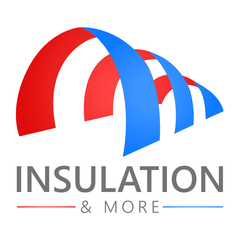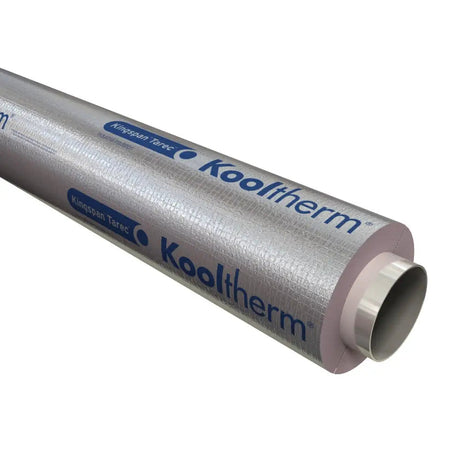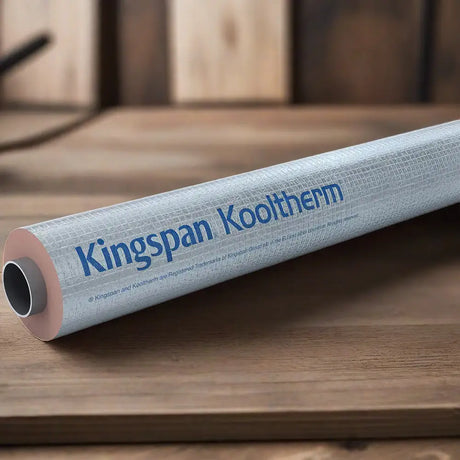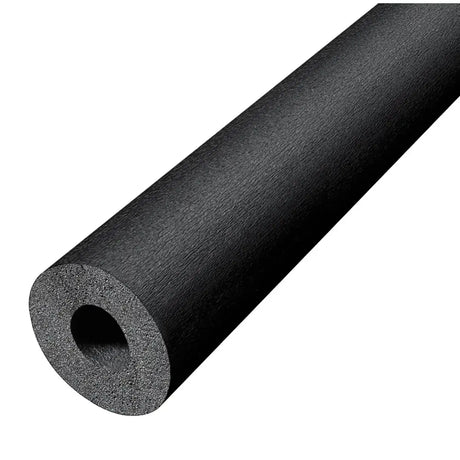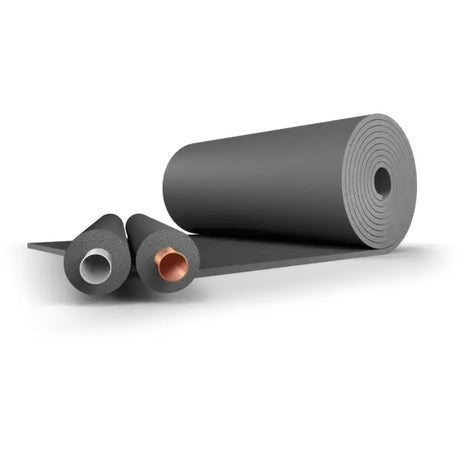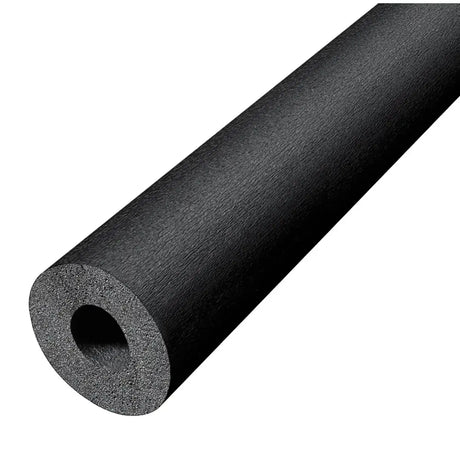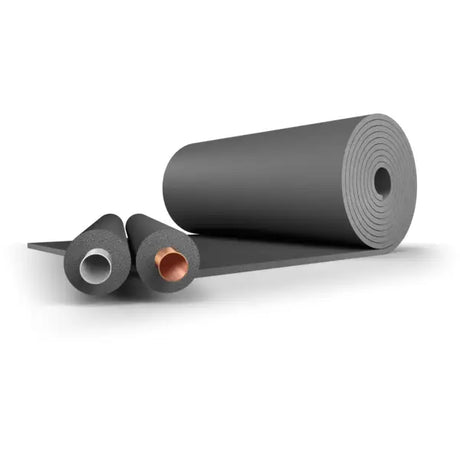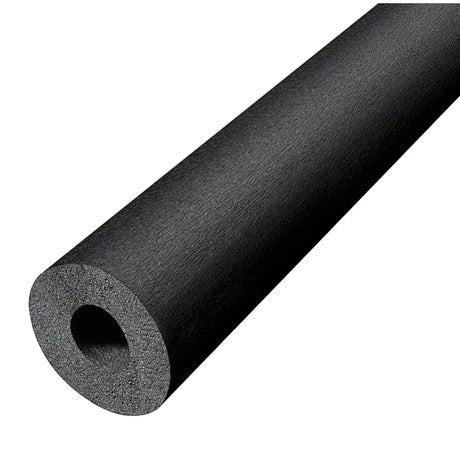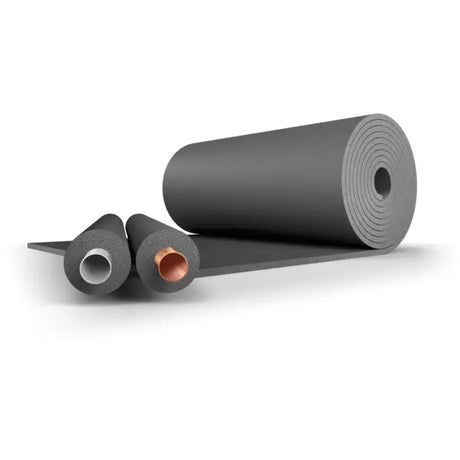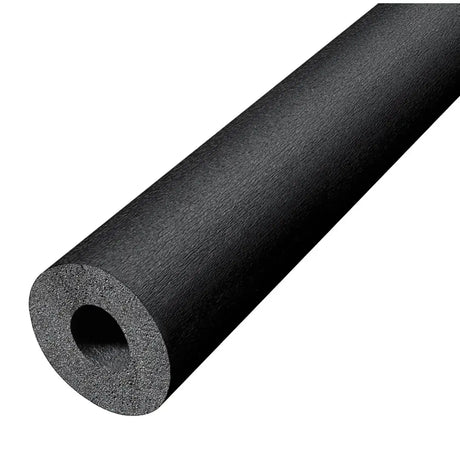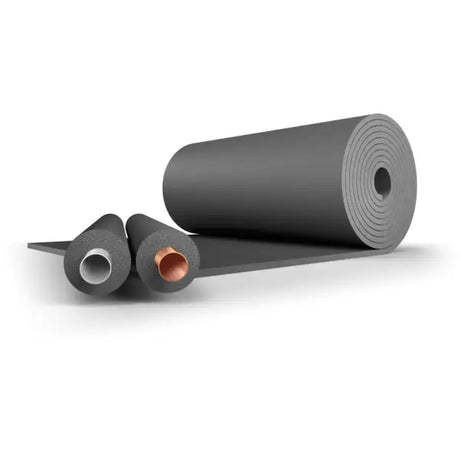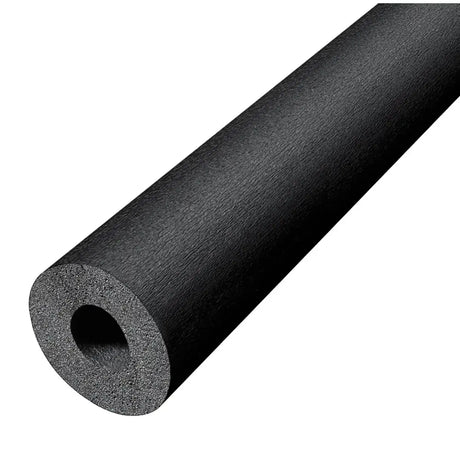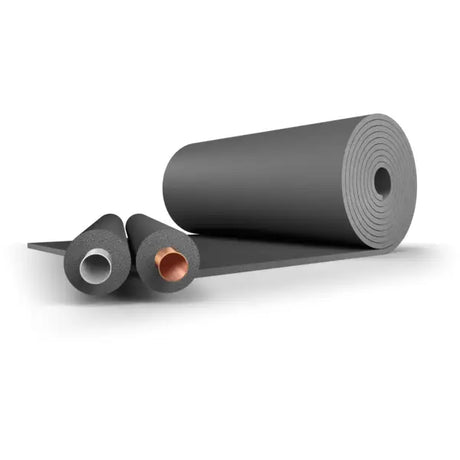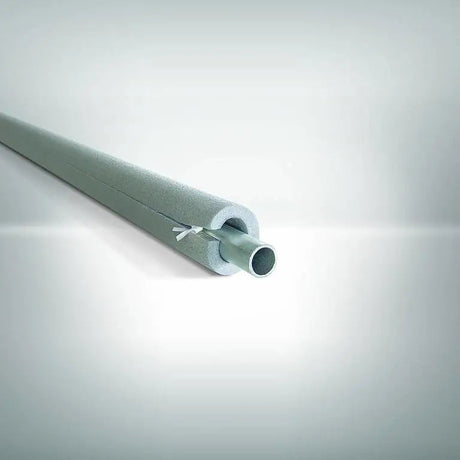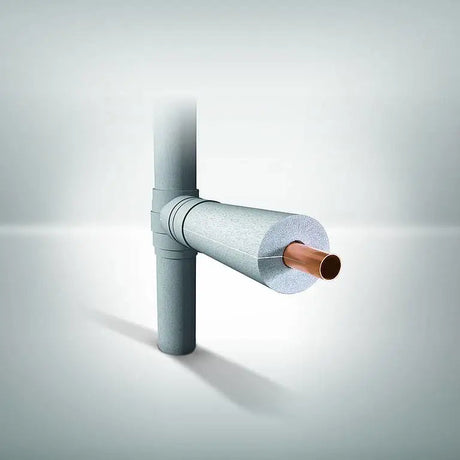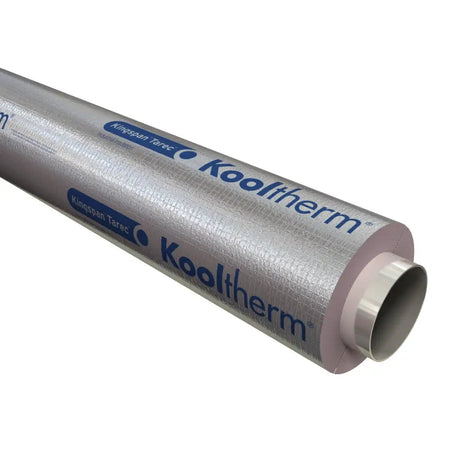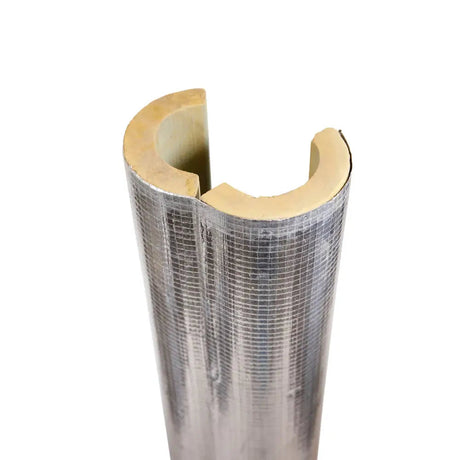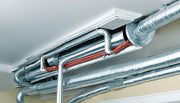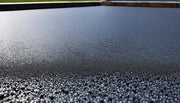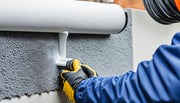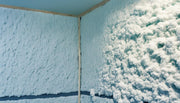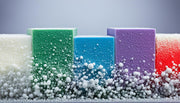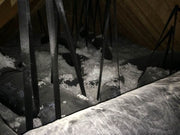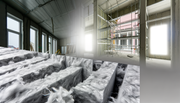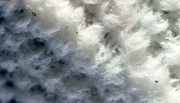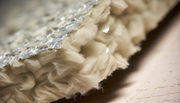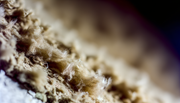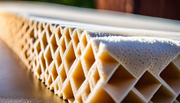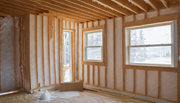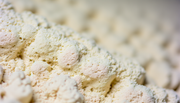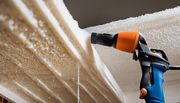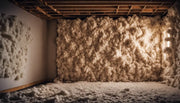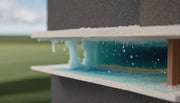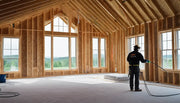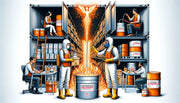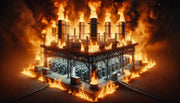Metal roofs are sturdy and durable, but they can sometimes face an issue that troubles many homeowners and business owners alike: condensation. Condensation occurs when warm, moist air meets the cool surface of the metal, causing water droplets to form. This can lead to rust, leaks, and damage to items stored inside the building. So, the pressing question is, will spray foam insulation stop condensation on a metal roof?
Yes, spray foam insulation can be an effective barrier against condensation on a metal roof. It works by creating a seal that minimizes the temperature differential between the inside and outside of the roof. However, understanding the properties of spray foam insulation and how to properly use it is key to managing condensation and protecting your roof from moisture buildup.
How Spray Foam Insulation Combats Condensation
Spray foam insulation is adept at filling gaps and forming an airtight and moisture-resistant barrier against the elements. It can potentially eliminate the problem of condensation by ensuring that the temperature of the roof does not drop significantly below the dew point of the air inside the building.
Benefits of Spray Foam Insulation
- Air Sealing: Spray foam reduces the movement of warm air to colder areas, which are typical spots where condensation forms.
- Moisture Barrier: By acting as a moisture barrier, spray foam insulation helps to keep the roof dry and structurally sound.
- Temperature Regulation: A well-insulated roof maintains a more constant temperature, thus preventing the conditions that lead to condensation.
However, spray foam is not a one-size-fits-all solution. It is essential to understand the different types of spray foam insulation and choose the right one for your metal roof.
Types of Spray Foam Insulation
- Open-Cell Foam: Generally cheaper and lighter, open-cell foam is effective for soundproofing but less so for moisture control.
- Closed-Cell Foam: Denser and more moisture-resistant, closed-cell foam is better suited for preventing condensation.
Things to Consider Before Applying Spray Foam
The expectations from spray foam insulation should be realistic, considering its pros and cons. It's crucial to weigh these factors before making a decision.
Table of Pros and Cons
| Pros | Cons |
|---|---|
| Excellent air barrier | Upfront costs can be higher |
| Moisture-resistant (especially closed-cell) | Difficult to remove if not installed properly |
| Contributes to roof's structural integrity | Installation requires professional expertise |
| Mold deterrent | Potential for off-gassing during application |
Additionally, questions often arise about the performance of spray foam in wet conditions. While spray foam is resilient, it's important to note that persistent water leaks can compromise its integrity. This is discussed further in a post about whether spray foam insulation can get wet.
One might wonder, does spray foam insulation need a vapor barrier? The answer can vary, but closed-cell foam typically doubles as a vapor barrier, reducing the need for additional materials which you can learn more about here.
In terms of installation, understanding how spray foam insulation works is a step towards a successful application. Professional application ensures that the foam expands and cures correctly, forming a continuous layer that's adhered firmly to the roofing material.
Is Spray Foam Insulation Waterproof?
This is a common question, and the short answer is yes, particularly for closed-cell spray foam insulation, which is designed to be waterproof and an excellent choice for preventing condensation.
Additionally, for those with concerns over acoustic performance, spray foam provides noise reduction, which can be advantageous in areas with heavy rain or hail. Discussions around spray foam insulation and soundproofing highlight how the material can absorb and reduce sound transmission.
Preventing Condensation Long-Term
Stopping condensation is not just about insulation; it's part of a broader moisture control strategy. When correctly applied, spray foam helps, but it's crucial to maintain a solid roofing system, address leaks promptly, and manage interior humidity levels. Ensuring good ventilation where needed is also essential to prevent moisture from becoming trapped.
In conclusion, while spray foam insulation can play a significant role in preventing condensation on a metal roof, it's important to pair it with good roofing practices. When considering the application of spray foam, always consult with professionals for optimal results. For a deeper dive into how spray foam can prevent condensation specifically, you can explore the dedicated article on will spray foam insulation stop condensation.
A metal roof insulated with spray foam can lead to improved durability and a healthier internal environment, offering peace of mind knowing that you are taking proactive steps against moisture-related issues. Remember, the goal is to achieve a balanced building envelope that manages temperature and moisture efficiently – this is what keeps condensation at bay.
To wrap things up, spray foam insulation offers a comprehensive approach to combating condensation, but remember, success lies in the details of the installation and the broader context of your building's design and environment. Always consider these facets to ensure a well-protected roof for years to come.
